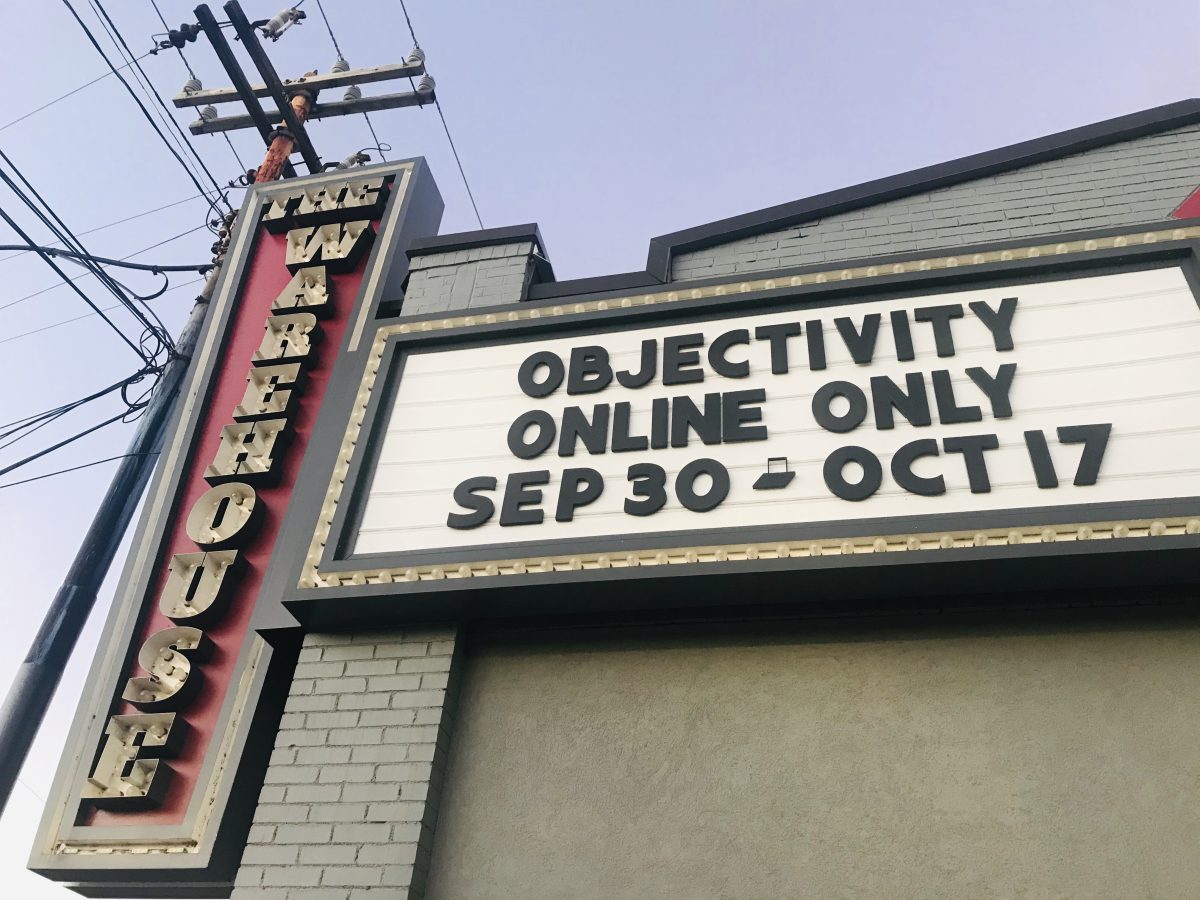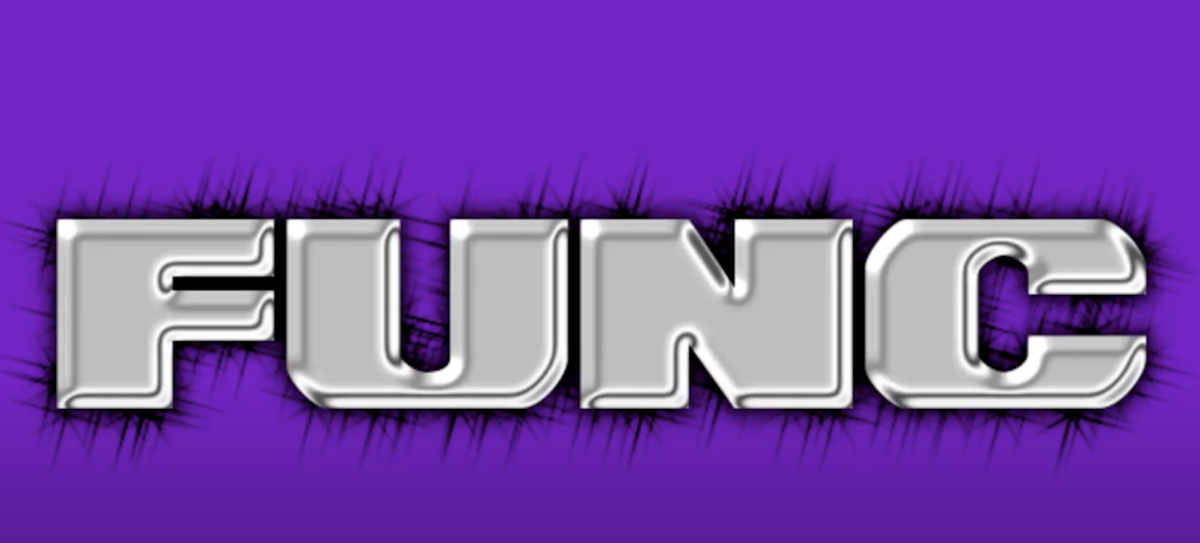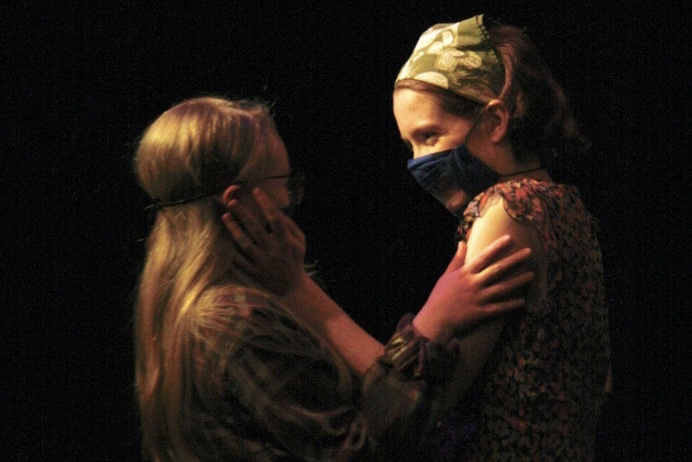Another day has passed, and our world continues to fight against the coronavirus pandemic; in a time that seems so dark, the Warehouse Theatre’s artistic vision of creating high-quality professional work and cutting-edge productions is at risk of being lost.
Since it closed its doors to the public six months ago, the Warehouse Theatre has lost $400,000 worth of revenue. Along with their financial loss, the ongoing pandemic has prevented the Theatre from being able to fulfill key components of their mission statement that allow them to stand as Greenville’s only fully professional producing theatre. Now, their established initiative to produce six plays a year, pay actors to perform, manage a regional education program, and produce the Upstate Shakespeare Festival has been forced to a halt. For the establishment and its supporters, it seems that all that makes the Warehouse Theatre what it is has been taken away.
But art is resilient; despite the challenges brought on by COVID-19, the Warehouse continues to push forward. In collaboration with Mister & Mischief, a Los Angeles-based interactive theatre team, the Warehouse is now launching its first online production, Objectivity. Part improv, part musical, part decluttering seminar featuring fictional character Mary Del Campo– a tidying expert who’s devoted her time to leading her participants (the audience) from “clutter to clarity”– Objectivity is now being presented via the Zoom platform.
This innovative way to continue producing theatre in this time of social isolation cannot be understated. In addressing the challenges the Warehouse is currently facing, the Theatre’s Producing Artistic Director Mike Sablone mentioned that the age-old tradition of theatre in itself is one that “resists forward momentum in many different ways. So, now, it’s especially hard for organizations and artists to figure out not only what the best way forward is, but just what any way forward is.”
Sablone added that there is “no easy way for theatre to go from an in-person event to a virtual event.” In fact, he shared that the idea behind Objectivity was born in quarantine after he had witnessed numerous less-than-enjoyable Zoom theatre productions. “For me,” Sablone said, “I just wanted something different. I wanted something that was specific to Zoom, that acknowledged where we are right now, and that wasn’t trying to hide anything.”
With this in mind, Sablone contacted Jeff and Andy Crocker of Mister & Mischief in June about ideas for a Zoom-specific show. “We sort of all settled on what would become Objectivity,” Sablone said. The original idea was a seminar on decluttering your life, wherein audience members could bring things from their houses that they haven’t touched in years, and the seminar leader would convince them to throw it away. Sablone and the Crockers thought the idea could “bring levity to the very real issue we find ourselves in today.” Sablone added that the intention would be “to deal with the bigger issues through comedy and heart, so you could be laughing and not realizing there was some pain you were potentially processing as you sit through the show.”
Yet the uncharted territory of producing a Zoom-specific show presented challenges and unexpected changes throughout the process. “No one’s done this before,” Sablone said. In transitioning the audience to a totally new art form, the team behind Objectivity had to find a balance between incorporating technology as a feature rather than a bug, between being theatrical but also online-appropriate, between banishing “Zoom fatigue” without overwhelming audiences with interactive possibilities. In this sense, Sablone shared that the project evolved on a daily basis as they tested the show with audiences to figure out how it would function. One of their most important tools to building this production has been “a willingness and enthusiasm to not let any idea be a bad idea.”
Along with the challenges, however, there were instances wherein the new territory also provided certain advantages. Because the production’s rehearsals were all held via Zoom, the team– composed of persons from California, Chicago, and Greenville– has been able to cross time zones and surpass geographic limitations. In a time when most theatres are closed, the Warehouse now has an opportunity to enable, and pay, artists to do the best work they can in this new modified form. There’s also an advantage in enabling a wider access to theatre, as tickets to Objectivity have been sold both across and outside the country. Artistically, Sablone added, there’s an overwhelming feeling in “watching people create again and try to figure out something that is completely insane, in a completely insane time.”
With all of the challenges that the Warehouse has endured since March, and the changes it has made since to cope, a major consideration for the Warehouse’s Objectivity is the way in which it, and others, will measure its success. From a business perspective, ticket sales are an obvious marker. On the artistic side, however, Sablone shared that he feels success comes simply from the Warehouse’s ability to enable artists to do their best work and expand the reach of what is theatrically possible in Greenville. In terms of the audience, Sablone said that he hopes Objectivity will bring them both “escapism and comedy, and an excuse to have a lovely hour long equal parts moving and funny experience that acknowledges where we are, but doesn’t dwell in it.”
So, while times still seem dark, the lights of the Warehouse Theatre are still shining, even if it may be through the screen of a laptop. As both a testament and reminder to the public of the unique difficulties that art institutions are facing now, the Warehouse Theatre is not only doing what they can to survive, but also committing an act of revolution, yelling to the world three simple, but strong, words: “We’re still here.”
OBJECTIVITY is showing through Sept. 30 to Oct. 17, 2020. Tickets are on sale online at The Warehouse Theatre.
































